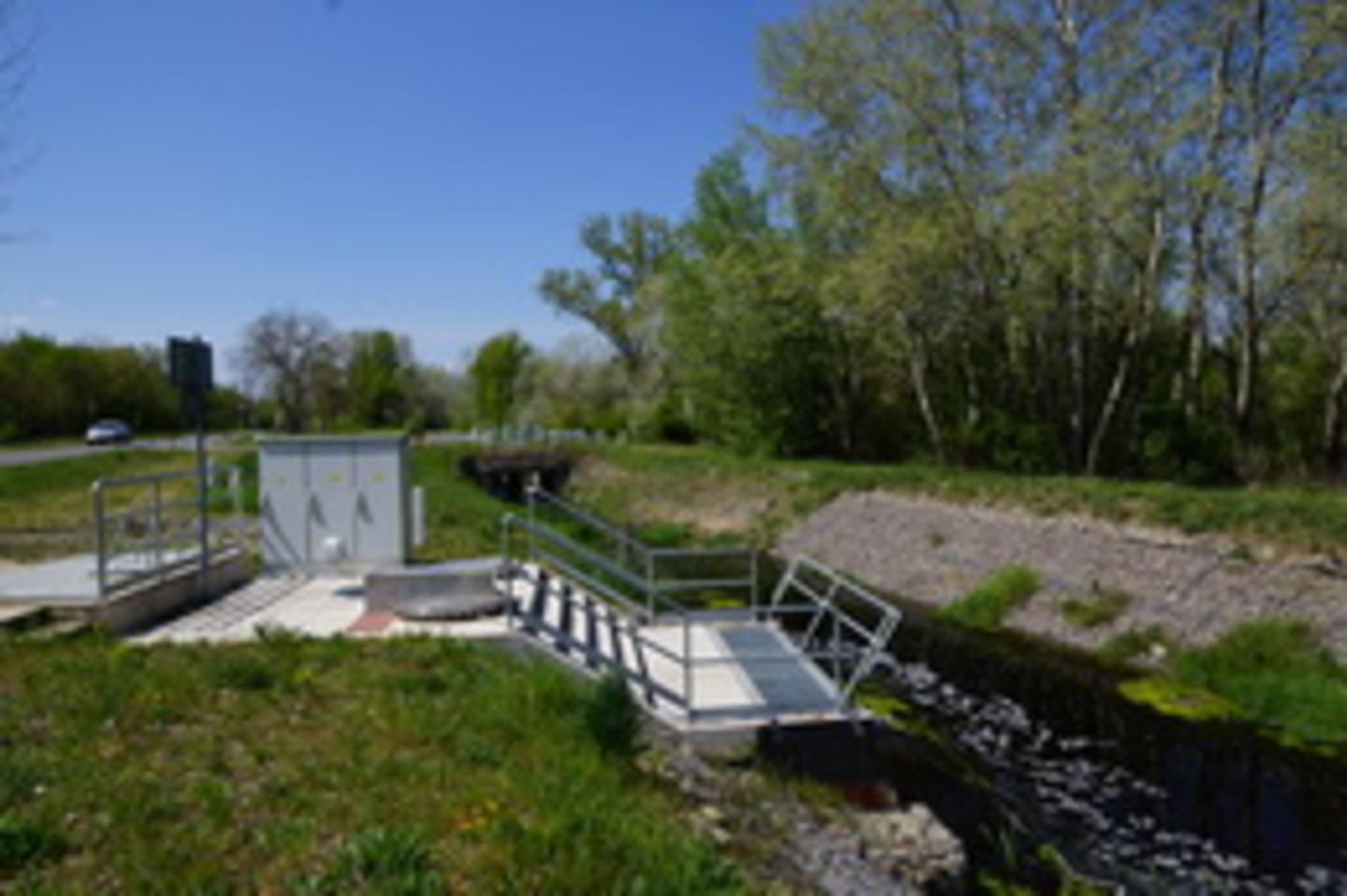Climate change is already having an impact on Hungarian agricultural production, ecosystems and biodiversity. Water levels are often too low or too high.
Supported by Iceland, Liechtenstein and Norway under the ‘Adaptation to climate change’ programme in Hungary, the water network system in the Homokhát area in Mórahalom will be better connected and the pumping station modernised, contributing to improving the water management system. The area will then be provided with sufficient water during droughts as well as ample storage capacity during heavy rainfall.
Benefitting the local community
According to Katalin Dudás Kószó, the executive director of Mórahalom City Developer Ltd., the project will contribute to solve the current problems of water supply for the local community, especially for farmers.
“The project is crucial in order to secure production,” Kószó said at the opening of the project.
“As Mórahalom is an area where the water supply varies between flood and drought periods, it is especially important to widen the development opportunities for water management,” said Zoltán Erdélyi, deputy director of the Regional Environmental Center for Central and Eastern Europe (REC). He stressed that climate changes are not reversible, and that it is therefore necessary to adapt to the new climate conditions.
Adapting to climate change
Iceland, Liechtenstein and Norway provide more than €7 million to help Hungary adapt to climate change. The programme focuses on enhancing the resilience to impacts of climate change and by that reducing human and ecosystems vulnerability to climate change.
The programme is operated by the Regional Environmental Center for Central and Eastern Europe (REC). The Norwegian Directorate for Civil Protection (DSB) is contributing with its expertise to the programme as a donor programme partner.
Through the EEA and Norway Grants, Iceland, Liechtenstein and Norway fund climate change adaptation programmes in seven countries. Read more.
